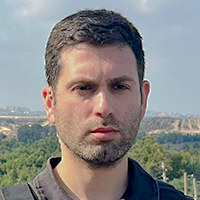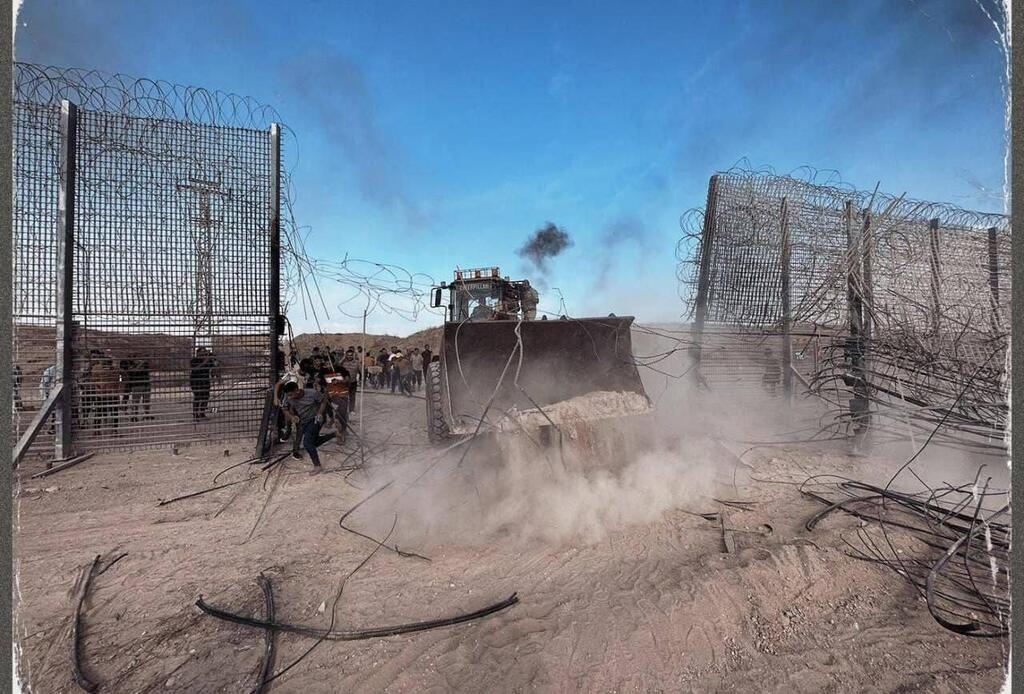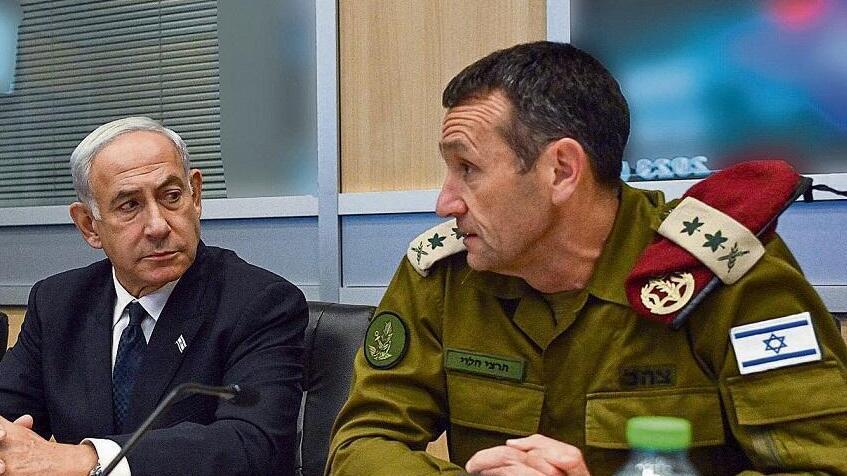Getting your Trinity Audio player ready...
The Israel Defense Forces will soon begin its investigation into the actions of army units, commands and branches during the war in Gaza. These investigations will encompass all aspects of the conflict, including the period leading up to October 7. While the investigations are scheduled to be completed by May, some may experience delays or be influenced by other significant military events, such as outbreaks of violence in other areas.
Read more:
Following these internal inquiries at the military level, additional external investigations will be conducted by military investigation committees led by senior officers. The identities of these officers will be determined at a later time. Decisions regarding dismissals or resignations will only be made after the conclusion of the internal investigations within the IDF, around May. The IDF has stated that the primary findings of the investigations will be made public, emphasizing the importance of this process for addressing shortcomings, preparing for the future, and rebuilding public trust in the IDF.
Two weeks ago, IDF Chief of Staff Herzi Halevy and State Comptroller Matanyahu Englman met amid tensions between their respective offices and the Defense Ministry, against the backdrop of an ongoing examination into the army's conduct. At the conclusion of the meeting, they conveyed that "the meeting took place in a positive atmosphere, driven by a shared desire to cooperate without undermining the fighting. To that end, a dialogue will be held between the working levels, and afterwards the two will re-engage in conversation."
In early January, Halevy assembled a team that will be in charge of gathering and arranging the findings of these investigations, one of which will be former Chief of Staff Shaul Mofaz, among other majors general in reserve.
During a Security Cabinet meeting held on January 4, govenment ministers Itamar Ben-Gvir, Bezalel Smotrich, Miri Regev, and Dudi Amsalem voiced their criticism of the chief of staff for his decision to establish a team to investigate the war. The government expressed concerns about the potential appointment of Mofaz, who has been known as a critic of Prime Minister Benjamin Netanyahu and the Likud party.
Meanwhile, the ongoing siege at a han Younis hospital in the southern Gaza Strip continues. Approximately 200 terrorists have been apprehended in the vicinity of the hospital, with half of them discovered inside the medical facility itself. According to the security apparatus, some of these individuals were directly involved in the abduction of Israelis on October 7. The IDF has confirmed that the hospital's main generator sustained damage and efforts are being made to repair it.
At the same time, a high-ranking security official addressed reports suggesting Hamas leader in Gaza, Yahya Sinwar, has left the territory and crossed into Egypt. The official stated that there is currently no information supporting this claim and that there is no evidence to suggest that Sinwar has departed from the strip.




